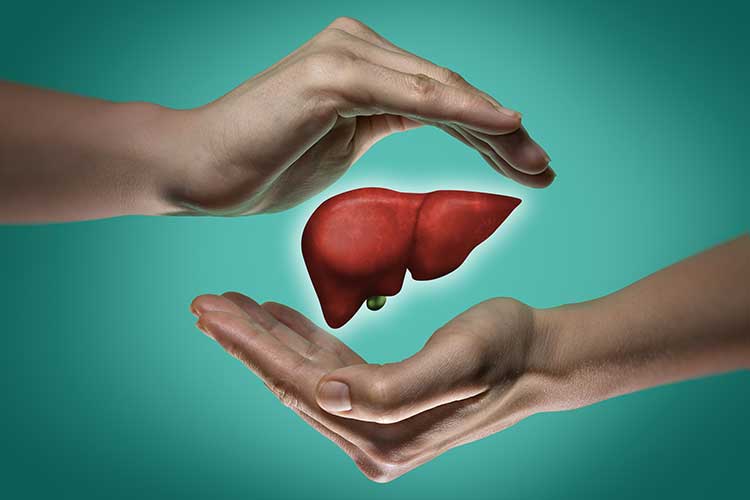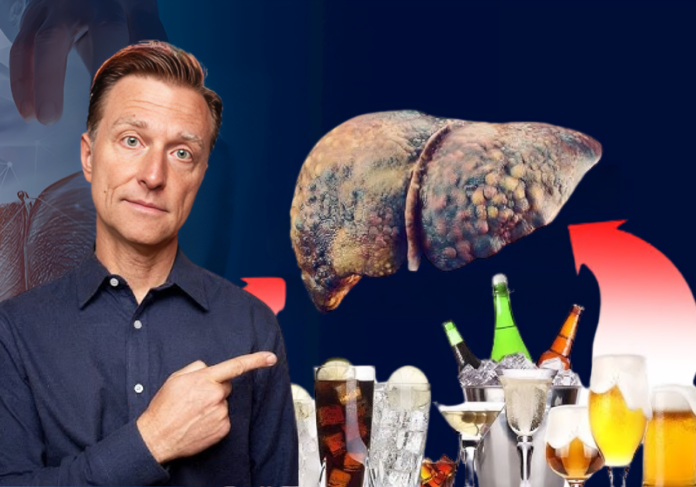Liver damaging drinks are more common than most people realize. The liver, a vital organ responsible for detoxifying our body, can suffer severe harm from certain beverages if consumed in excess or over prolonged periods. While these drinks may seem harmless, they can contribute to serious liver conditions like fatty liver disease, cirrhosis, or even liver failure.
Liver Damaging Drinks: An Overview

- Sugary Soft Drinks
Sugary soft drinks are a leading culprit in harming liver health. Packed with high amounts of fructose and artificial additives, these beverages can contribute to non-alcoholic fatty liver disease (NAFLD). Excessive sugar intake overloads the liver’s ability to process fats, leading to fat buildup and inflammation.
- Alcoholic Beverages
Alcohol is one of the most well-documented liver-damaging drinks. Chronic alcohol consumption can lead to alcoholic liver disease (ALD), which includes conditions like hepatitis, fibrosis, and cirrhosis. Moderation is key, as even occasional binge drinking can strain the liver.
- Energy Drinks
Energy drinks, while marketed for their quick energy-boosting benefits, often contain high levels of caffeine and sugar. These ingredients can lead to liver toxicity when consumed in excess. Some studies suggest that the additives in energy drinks may pose long-term risks to liver function.
- Artificially Flavored Drinks
Drinks loaded with artificial flavors and colors, such as certain fruit punches and cocktail mixes, can harm the liver over time. Many of these beverages contain chemicals and preservatives that the liver struggles to process, potentially causing damage.
Impact of Liver Damaging Drinks on Your Health
The liver plays a central role in processing nutrients, detoxifying chemicals, and metabolizing drugs. When the liver is burdened by harmful substances found in these drinks, its efficiency decreases, leading to potential health risks:
- Fatty Liver Disease: High sugar and alcohol consumption are primary triggers.
- Inflammation and Scarring: Prolonged exposure to harmful compounds can cause liver inflammation and fibrosis.
- Liver Cancer: Chronic liver damage increases the risk of developing hepatocellular carcinoma.
Alternatives to Protect Your Liver
Hydrate with Water
The best way to support your liver is by staying hydrated with plain water. It helps flush out toxins and keeps the liver functioning efficiently.
Herbal Teas
Herbal teas like green tea or milk thistle tea are known for their liver-friendly properties. They contain antioxidants that can support liver detoxification.
Fresh Juices
Opt for freshly squeezed juices without added sugars. Ingredients like beetroot, carrot, and lemon are particularly beneficial for liver health.
How to Minimize Liver Damage
- Reduce Sugary Drink Intake: Limit sodas and other high-fructose beverages.
- Practice Moderation with Alcohol: Follow recommended guidelines for alcohol consumption.
- Read Labels: Avoid drinks with artificial additives and high caffeine content.
- Consult a Doctor: If you suspect liver issues, seek medical advice promptly.
Time to Make a Change
Liver damaging drinks are everywhere, but with informed choices, you can protect your liver from harm. By reducing your intake of sugary, alcoholic, and artificially flavored beverages, you pave the way for a healthier liver and overall well-being. Make the switch to liver-friendly options today and prioritize your health.


